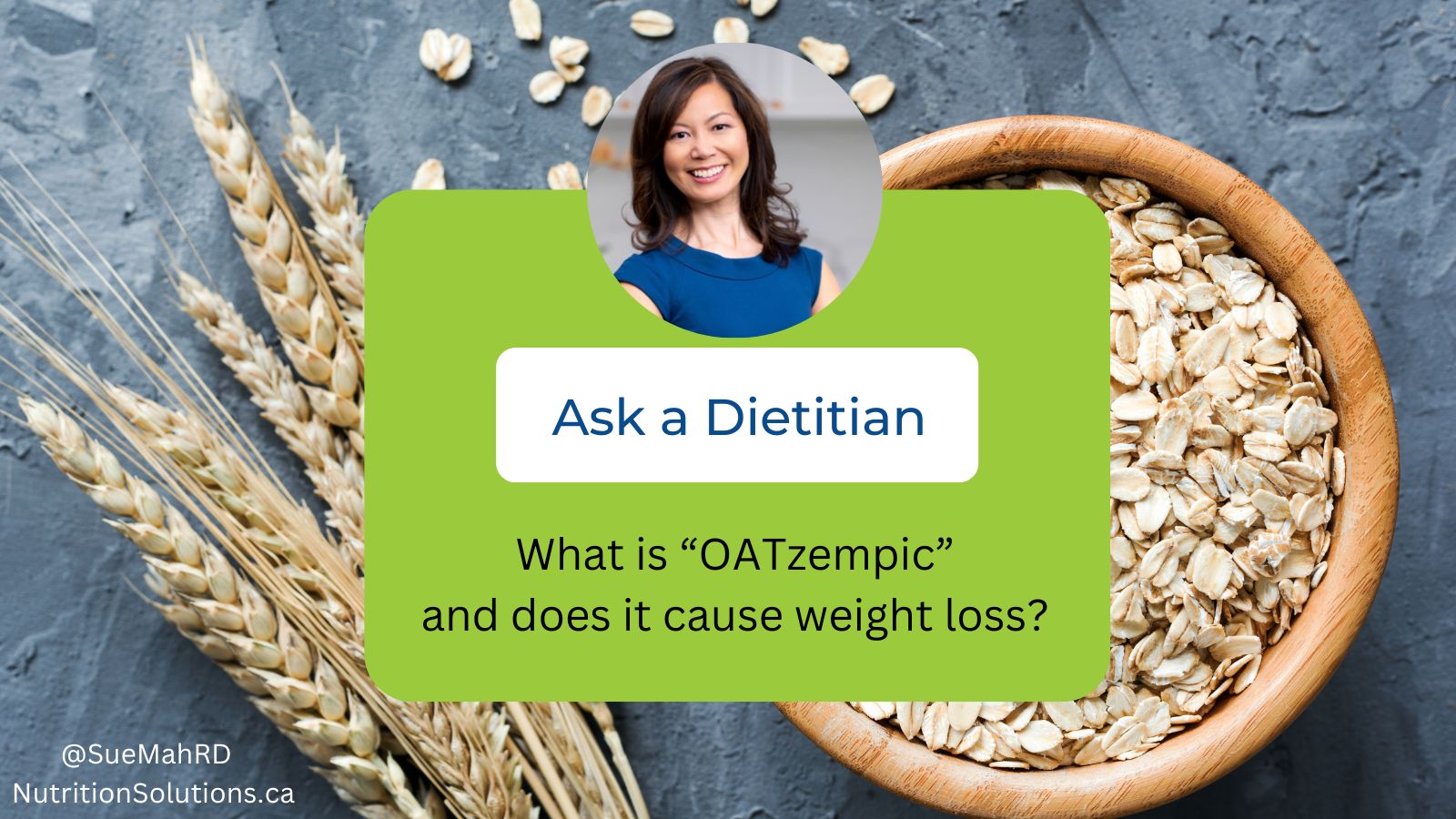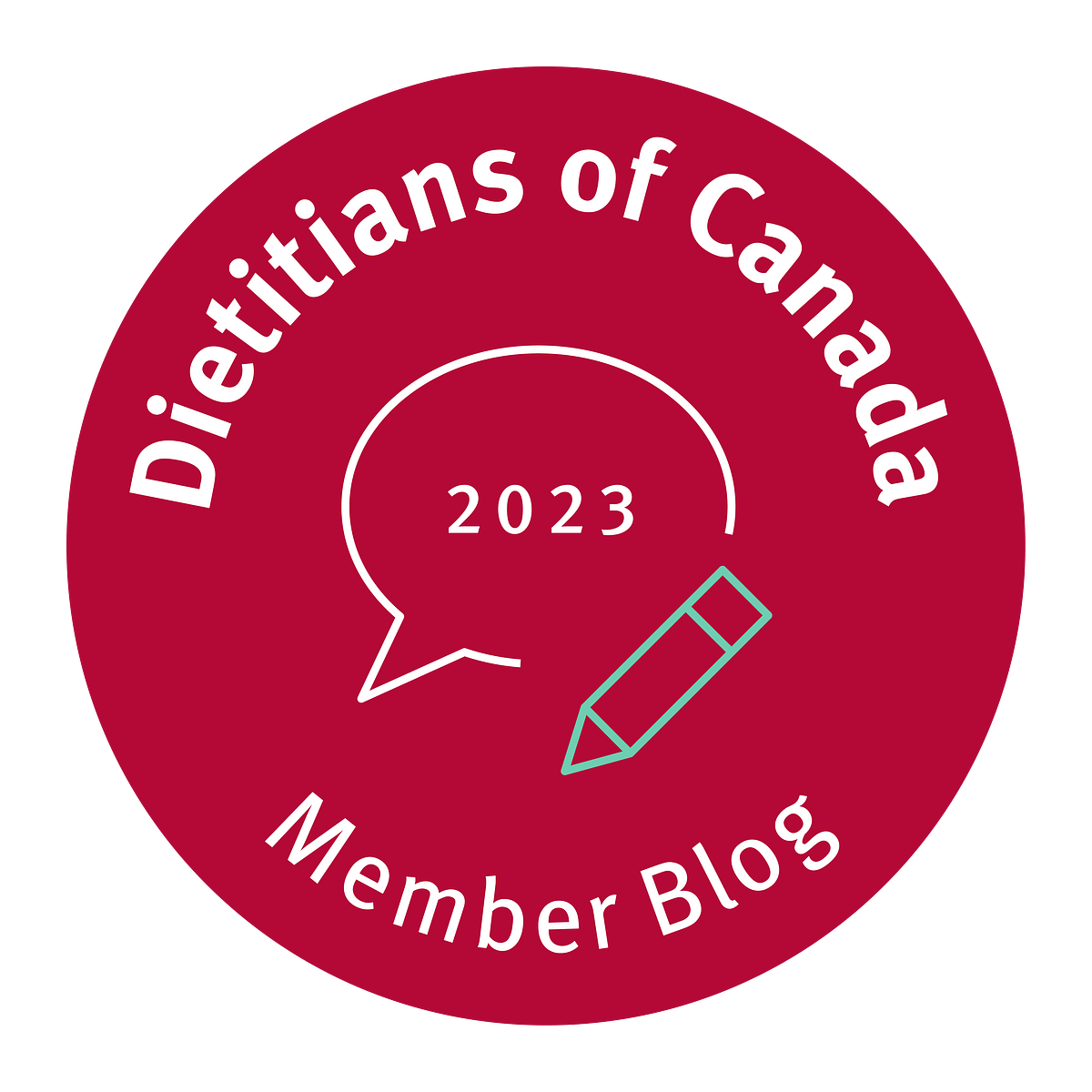
Are your eating habits helping or hindering your New Year’s resolutions?
Watch / take my Food Personality quiz to find out.
Question #1: I eat when I am…
a) Bored
b) Stressed / Upset
c) Hungry
d) All of the above
We’ve probably all had time when we’ve nibbled out of boredom or stress. But if you answered a) or b) or are constantly reaching for food when you’re upset, you may be an Emotional Eater.
Advice: Keep a food diary. In your diary, write down everything you eat and drink, the amounts, the time, and how you were feeling before you ate. Do you notice any patterns and eating triggers? Are you always bored or stressed before you eat? If so, find a healthy distraction away from food. Go for a walk, clean out your closet or give yourself a manicure (you can’t eat with wet nails, right?)
Question #2: I stop eating when…
a) All of the food is gone
b) My plate is clean
c) I’m not hungry anymore
d) I feel stuffed
If you answered a), b) or d), you may be a Mindless Muncher. You may be overriding you natural cues for fullness and satiety, which can lead to overeating and weight gain.
Advice: Eat until you’re 80% full. Even though you could probably take a few more bites of food, you’re comfortably satisfied and not hungry anymore. To avoid picking at food until it’s gone, pack up any leftovers quickly or put your napkin on your plate as a signal to yourself that you’re finished eating.
Question #3: On my kitchen counter, I’m most likely to have…
a) Packaged snacks such as cookies, chips and baked goods
b) Cereal
c) Candy or soft drinks
d) A bowl of fresh fruit
If you answered d), you’re on the right track to being a Mindful Eater. Research from Cornell University shows that women who kept comfort foods on their counters, such as cookies, chips, soft drinks (regular or diet) and cereal, weighed 4 to 5 lbs more than women who kept a bowl of fresh fruit on the counter. Men who put candy on the counter were 3 to 4 lbs heavier than men who kept a bowl of fresh fruit on the counter.
Advice: Keep only a bowl of fresh fruit on the kitchen counter. This helps to create a healthy kitchen environment. Make it easy to find the healthy choices.
Question #4: I tend to eat…
a) At my desk or while watching TV
b) In the car or on the go
c) Over the kitchen sink
d) Sitting down with family and friends
If you answered a), b) or c), you could be a Mindless Muncher. If you answered d), it’s a sign you may be a Mindful Eater. Distracted eating hits us with a double whammy! Research shows that when we’re visually distracted with TV or work or social media, we eat 10% more food at that particular meal, AND we eat about 25% more food at the next meal! When we’re distracted, we’re not building awareness or memories of the food that we’ve just eaten. So when it’s time for the next meal, we have no “food memories” of what we ate previously so we tend to overeat. On the other hand, when we’re eating with attention, we’re building food memories – what we’re eating, how much we’re eating, how the food tasted, how we felt full after the meal. These positive food memories actually lead us to eat about 10% less food at the next meal.
Advice: Enjoy your food and create wonderful food memories with friends and family!
References:
Slim by Design: Kitchen Counter Correlates of Obesity Wansink et al., Health Education & Behaviour, 2016; Vol.43(5):552–558.
Eating attentively: a systematic review and meta-analysis of the effect of food intake memory and awareness on eating Robinson et al., Am J Clin Nutr 2013;97:728–42.







